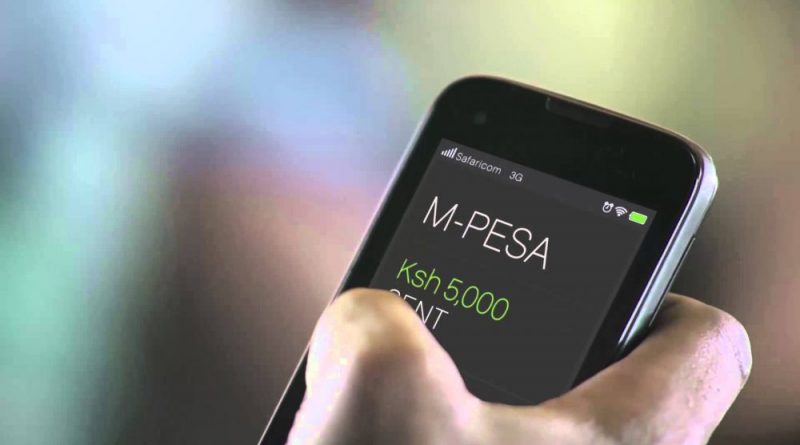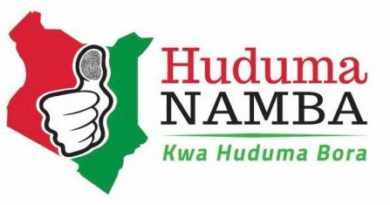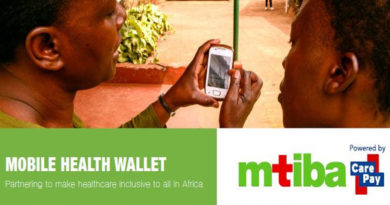The Safaricom M-Pesa tech venture
Safaricom nurses long time aspirations of becoming a technology company and not just a telco through setting up its own companies, mergers, and partnerships with mixed success.
The giant telco has ventured into e-commerce through Masoko, partnered with CarePay through M-Tiba to go into healthcare insurance and Digifarm to explore agricultural value chains.
It also joined hands with M-Kopa Solar and Circle Gas as well as Sendy, mSurvey, Eneza, Lynk, Farm Drive, and iProcure offering diverse services to customers.
But it is the mobile payment platform M-Pesa that is helping Safaricom achieve the omnipotence it has always coveted.
Its M-Pesa super app is turning into a literal market as a one-stop-shop platform that is consuming entire industries.
The telco chief executive Peter Ndegwa said the super app has made great progress with 3.8 million downloads and regular usage, which is very high for a product launched mid this year.
The first services available as Mini-Apps include Madaraka SGR ticketing, long-distance bus booking with BuuPass, event tickets on Mtickets, shopping gift vouchers on GiftPesa Vouchers, insurance services on eBima, and gas delivery from Pro-Gas.
SGR mini app
New businesses such as GiftPesa, which has digitised gift vouchers where one can send and receive presents from anyone, anywhere in Kenya are specially built around the platform joining the companies at the hip.
“There are a lot of products that we want to add to the app. There are mini apps by companies who want to set up on the platform like Kenya Airways mini app, the SGR mini app, if you want to shop you can go to the supermarket apps,” Mr Ndegwa said.
He said the application has been a great success especially through popular features that have drawn users giving the telco a new avenue to draw revenues.
“The second thing is that we are improving user experience so you can also use it off mode, you can print statements to see how much money you have transacted. We have seen customers start complaining they are using too much of their money. I think giving the customer visibility over their money is great and we are very delighted that we are making progress and this is very popular with customers,” Mr Ndegwa said.
After luring Kenyans into this virtual shopping space, Safaricom is now selling the audiences to advertisers in a shift in revenue model announcing businesses will soon be able to advertise on the M-Pesa app as it upgrades the mobile money platform to offer more capabilities beyond payments and cash transfers.
The move will open a new revenue line for the telco besides enhancing the attractiveness of the financial service. It will be following other technology firms such as Amazon, which offers advertising as part of its online retail business.
The planned advertising feature comes after the telco’s parent company Vodacom Group signed an agreement with China’s Ant Group, which runs the popular mobile and online payment platform Alipay that has more than a billion users.
Vodacom is implementing the Alipay app in South Africa and some of its features such as advertising will be built into the M-Pesa platform for rollout in Kenya and Tanzania.
“In the case of Kenya and Tanzania in time we will start to get merchants to expose their products into the M-Pesa app through the mini-app capability,” Vodacom’s Chief Executive Shameel Joosub said.
Failed transactions
Safaricom has also announced customers can now buy airtime through the telco’s overdraft facility Fuliza, which was launched in 2019 to address the issue of failed transactions on M-Pesa.
It will enable users to access significantly larger airtime amounts than they currently can through Okoa Jahazi.
This marks a significant expansion of the Fuliza service by the telco, which has quickly become one of the largest money-makers for the company since its launch in early 2019.
Since 2007 M-Pesa has evolved through partnerships with providers with the perfect model of carrying low risks of undertaking business while drawing fees as a payment platform.
In 2010, Nunua na M-Pesa was launched for payments of goods at supermarkets, this later became Lipa na M-Pesa that has since linked it to 301,597 merchants.
In 2011 it partnered with I&M bank for M-Pesa prepaid Visa Card and two years later more banks came calling, helping it launch M-Shwari with NCBA and later KCB M-Pesa.
The 2019 partnership with Ant Financial Services to allow for online shopping from platforms such as AliExpress is shaping the next frontier for the payment platform to weave itself into the fiber of Kenyans everyday lives.




